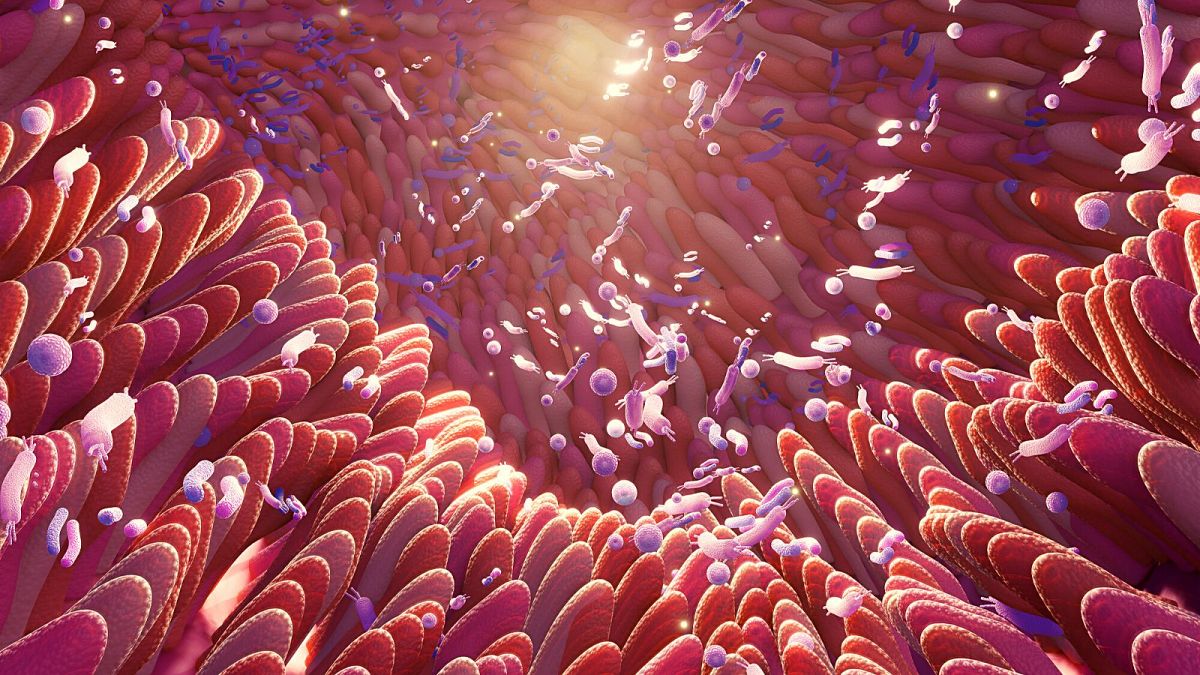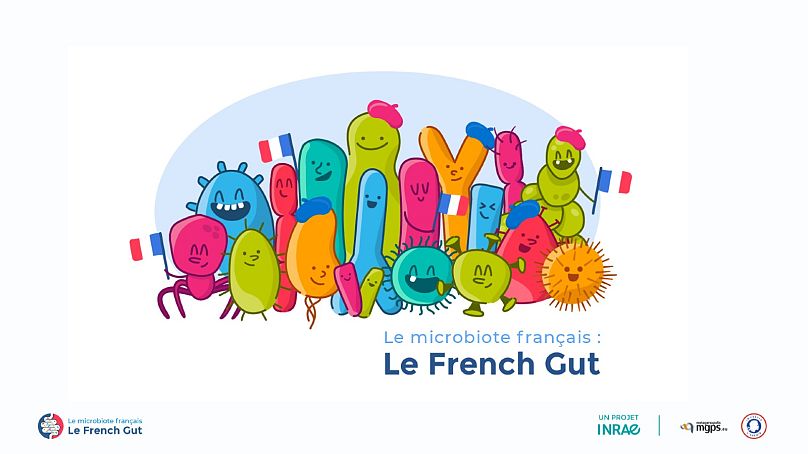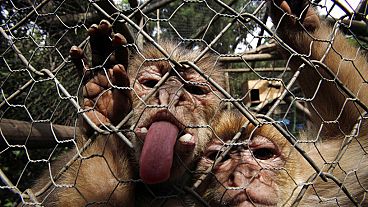Scientists in France are seeking poo samples from 100,000 volunteers to map the nation’s gut health and boost research in personalised medicine.
The cuisine and eating habits of the French have long been fascinating to the rest of the world. Now what’s coming out of their digestive tracts is also set to be scrutinised.
Scientists are calling on people across mainland France to mail in samples of their faeces to help advance research on gut bacteria and their impact on human health.
The project, called “Le French Gut,” aims to collect samples from 3,000 volunteers by the end of this year and a total of 100,000 by 2027.
It aims to better understand the link between gut microbiota and diseases – including cancer, diabetes, obesity and intestinal disorders but also autism, Parkison’s and Alzheimer’s – and help develop new personalised therapies.
The project is part of a broader international initiative, the Million Microbiomes from Humans Project (MMHP), which aims to sequence and analyse one million microbial samples in the next three to five years to draw a microbiome map of the human body and build the world's largest open-access database of the human microbiome.
The gut microbiome is a rich community of trillions of tiny microbes lining our digestive tracts that total around 1 kg of bacteria in the average adult – comparable to the weight of the human brain.
This complex ecosystem is believed to play an important part in how our immune system develops and how prone we are to certain diseases. What we eat, our stress levels, pollution and antibiotics can all impact our gut microbiome.
Sounds interesting – how do I sign up?
“Le French Gut” aims to recruit participants aged over 18 and living in mainland France who haven’t had a colectomy (surgery to remove part of the colon) or an ostomy and haven’t taken any antibiotics or had a colonoscopy in the past three months.
Volunteers can sign up on the project’s website where they are asked to fill out a questionnaire about their eating and lifestyle habits. They will then receive a sampling kit to carry out at home.
The gist: put on a pair of sterile gloves, open up a “faeces catcher” on your toilet bowl, do your business, take a sample and send it back in the post in a dedicated prepaid envelope.
Participants will have access to the overall findings of the research they contribute to – and the pride of helping the advancement of science.
Microbiome testing on the rise
For those curious to find out what exactly is in their gut bacteria, a growing number of private companies are betting on growing interest in the subject.
One of them is Nahibu, a French start-up that offers microbiota tests to carry out at home.
Users mail back their faecal samples to the company, which then provides a detailed analysis of their microbiota, along with personalised nutritional advice and probiotic dietary supplements.
“In a world where everything is fast-paced, we just forget to take care of our intestinal wellbeing. But gut microbiota is a topic that’s gaining traction,” Sarah Drouet, in charge of Nahibu’s communications, told Euronews Next.
“The key is to make the topic a bit more fun and break the taboo. We have all these little living organisms inside of us, they’re good for us and we need to take care of them”.




